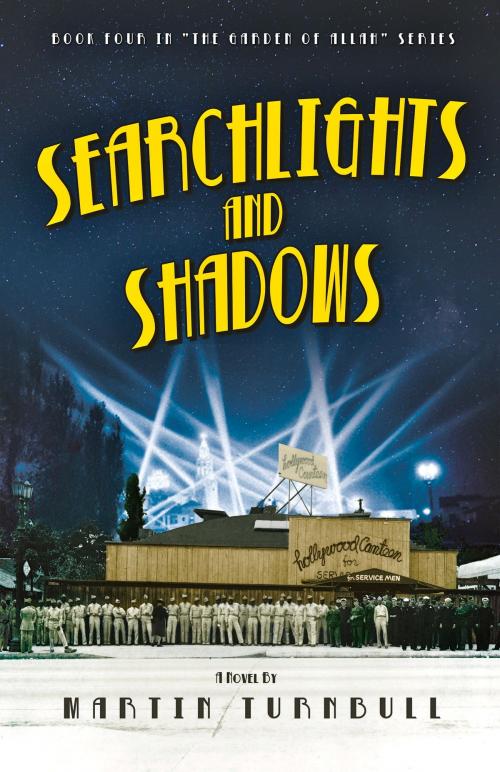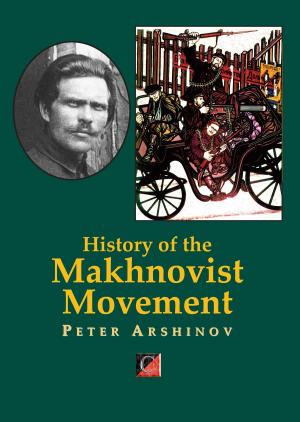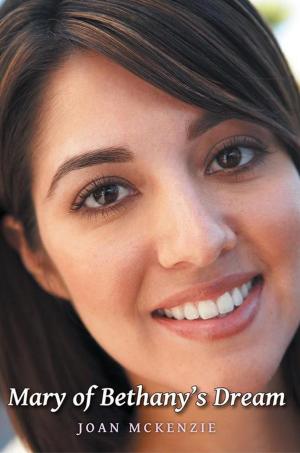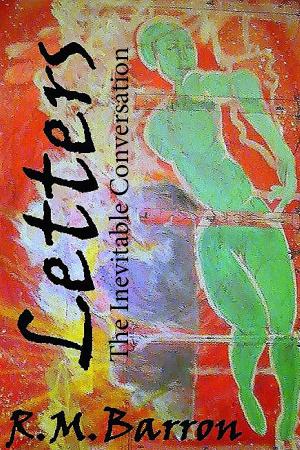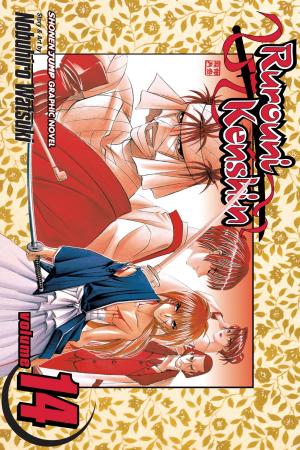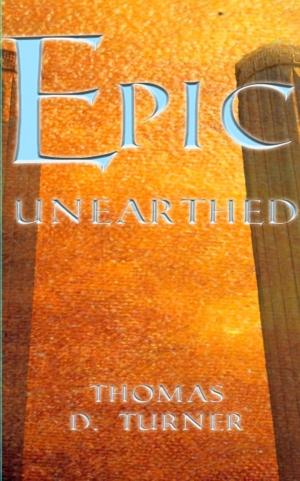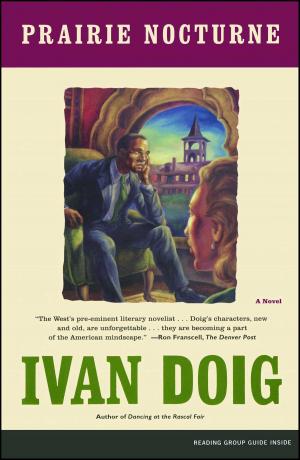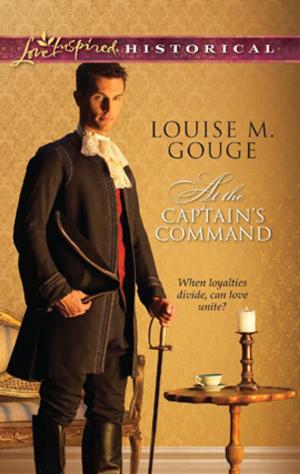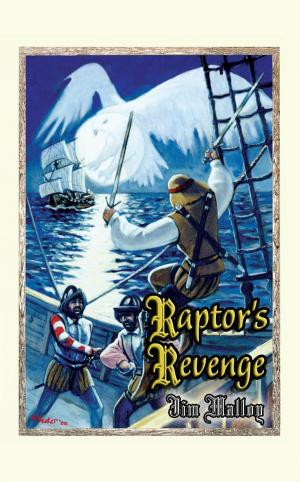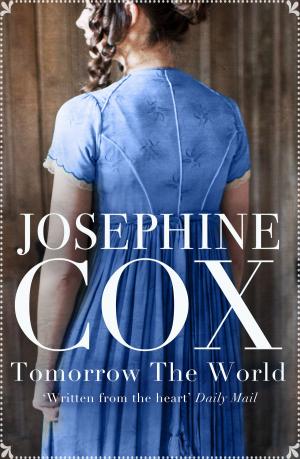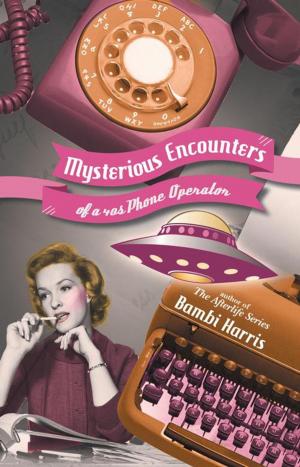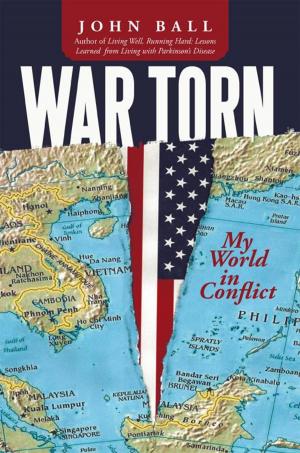| Author: | Martin Turnbull | ISBN: | 9781310105586 |
| Publisher: | Martin Turnbull | Publication: | January 7, 2015 |
| Imprint: | Smashwords Edition | Language: | English |
| Author: | Martin Turnbull |
| ISBN: | 9781310105586 |
| Publisher: | Martin Turnbull |
| Publication: | January 7, 2015 |
| Imprint: | Smashwords Edition |
| Language: | English |
At the dawn of 1942, the dark days of Pearl Harbor still loom over Los Angeles. America is now at war, and posters warn home-front Hollywoodites that loose lips sink ships.
Wartime propaganda is the name of the game, and the studios are expected to conjure stories that galvanize the public for the war effort. Marcus Adler is an MGM screenwriter whose latest movie was stolen out from under his whiskey glass, and he’s determined it won’t happen again. He comes up with a sure-fire hit, but his chance to triumph is threatened by a vicious rumor: “Marcus Adler is a goddamned Commie.”
Gwendolyn Brick is the handiest gal with a needle this side of Edith Head. After losing her job at the Cocoanut Grove, she dreams of opening her own dress store. But banks don’t make loans to single girls. However, wartime in L.A. opens the door to an opportunity that will rake in the bucks. But will it be worth the trouble if it drags her back into the orbit of Bugsy Siegel?
At the outbreak of war, the Hollywood Reporter’s circulation starts to shrink like a food rations coupon book. Its lead columnist, Kathryn Massey, realizes she can no longer ignore the obvious: her boss, Billy Wilkerson, is gambling away his fortune—and her future. Could their very survival depend on a place nobody’s heard of called Las Vegas?
In the city of searchlights, suspicions can lurk behind every shadow.
"Searchlights and Shadows" is the installment in the Hollywood's Garden of Allah saga, a series of historical novels set in Hollywood's heyday. If you like authentic and richly-detailed history, compelling and memorable characters, and seeing fiction and history seamlessly woven together, then you'll love Martin Turnbull's authentic portrayal of the City of Angels.
Flip through the pages to see Hollywood's history come to life before your eyes.
Martin Turnbull's Garden of Allah novels have been optioned for the screen by film & television producer, Tabrez Noorani.
INTERVIEW WITH THE AUTHOR
Your Garden of Allah novels are rich in the history and lore of classic era Hollywood. What was your original inspiration?
I came across an online article about the Garden of Allah Hotel, which opened on Sunset Boulevard in 1927, just before “The Jazz Singer” ushered in the talkies, and closed in 1959, the year that “Ben Hur” announced the last hurrah of the studio system. I saw that I could tell the history of Hollywood through the eyes of the people who lived at the Garden of Allah Hotel because not only did they witness the unfolding evolution of Hollywood, but also they actively participated in it. The idea to write a nine-book series came to me in one great WHOOSH! and I couldn’t wait to start.
How has writing these novels changed your view of this golden age that we perceive as the greatest era of film production?
In the years of Hollywood’s heyday, L.A. was a much less densely populated city. Consequently, all movie industry workers were far more likely to know each other. People regularly moved from MGM to Paramount to Twentieth Century-Fox to RKO to Warner Bros. You didn’t need six degrees of separation—two or three were usually enough.
Why did you not go the safe route and change their names to suit the story?
The whole point of recounting the history of Hollywood through the eyes of the Garden’s residents was because so many celebrities lived there. Harpo Marx and Sergei Rachmaninoff were neighbors, F. Scott Fitzgerald played charades with Dorothy Parker, Errol Flynn got drunk, Ginger Rogers was always looking for a tennis partner, and Humphrey Bogart courted Lauren Bacall. This was an immensely rich field for storytelling and I figured: Why tell it if I’m going to change the names?
Do you think stories set in old Hollywood are becoming more popular because of Turner Classic Movies?
Yes! TCM has increased our exposure to the movies of Hollywood’s golden era, and has produced a whole new audience for them.
At the dawn of 1942, the dark days of Pearl Harbor still loom over Los Angeles. America is now at war, and posters warn home-front Hollywoodites that loose lips sink ships.
Wartime propaganda is the name of the game, and the studios are expected to conjure stories that galvanize the public for the war effort. Marcus Adler is an MGM screenwriter whose latest movie was stolen out from under his whiskey glass, and he’s determined it won’t happen again. He comes up with a sure-fire hit, but his chance to triumph is threatened by a vicious rumor: “Marcus Adler is a goddamned Commie.”
Gwendolyn Brick is the handiest gal with a needle this side of Edith Head. After losing her job at the Cocoanut Grove, she dreams of opening her own dress store. But banks don’t make loans to single girls. However, wartime in L.A. opens the door to an opportunity that will rake in the bucks. But will it be worth the trouble if it drags her back into the orbit of Bugsy Siegel?
At the outbreak of war, the Hollywood Reporter’s circulation starts to shrink like a food rations coupon book. Its lead columnist, Kathryn Massey, realizes she can no longer ignore the obvious: her boss, Billy Wilkerson, is gambling away his fortune—and her future. Could their very survival depend on a place nobody’s heard of called Las Vegas?
In the city of searchlights, suspicions can lurk behind every shadow.
"Searchlights and Shadows" is the installment in the Hollywood's Garden of Allah saga, a series of historical novels set in Hollywood's heyday. If you like authentic and richly-detailed history, compelling and memorable characters, and seeing fiction and history seamlessly woven together, then you'll love Martin Turnbull's authentic portrayal of the City of Angels.
Flip through the pages to see Hollywood's history come to life before your eyes.
Martin Turnbull's Garden of Allah novels have been optioned for the screen by film & television producer, Tabrez Noorani.
INTERVIEW WITH THE AUTHOR
Your Garden of Allah novels are rich in the history and lore of classic era Hollywood. What was your original inspiration?
I came across an online article about the Garden of Allah Hotel, which opened on Sunset Boulevard in 1927, just before “The Jazz Singer” ushered in the talkies, and closed in 1959, the year that “Ben Hur” announced the last hurrah of the studio system. I saw that I could tell the history of Hollywood through the eyes of the people who lived at the Garden of Allah Hotel because not only did they witness the unfolding evolution of Hollywood, but also they actively participated in it. The idea to write a nine-book series came to me in one great WHOOSH! and I couldn’t wait to start.
How has writing these novels changed your view of this golden age that we perceive as the greatest era of film production?
In the years of Hollywood’s heyday, L.A. was a much less densely populated city. Consequently, all movie industry workers were far more likely to know each other. People regularly moved from MGM to Paramount to Twentieth Century-Fox to RKO to Warner Bros. You didn’t need six degrees of separation—two or three were usually enough.
Why did you not go the safe route and change their names to suit the story?
The whole point of recounting the history of Hollywood through the eyes of the Garden’s residents was because so many celebrities lived there. Harpo Marx and Sergei Rachmaninoff were neighbors, F. Scott Fitzgerald played charades with Dorothy Parker, Errol Flynn got drunk, Ginger Rogers was always looking for a tennis partner, and Humphrey Bogart courted Lauren Bacall. This was an immensely rich field for storytelling and I figured: Why tell it if I’m going to change the names?
Do you think stories set in old Hollywood are becoming more popular because of Turner Classic Movies?
Yes! TCM has increased our exposure to the movies of Hollywood’s golden era, and has produced a whole new audience for them.
